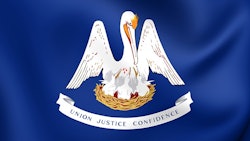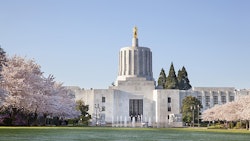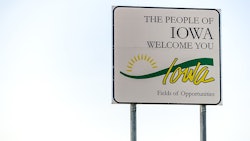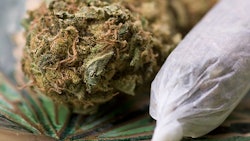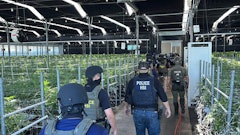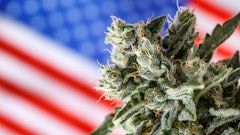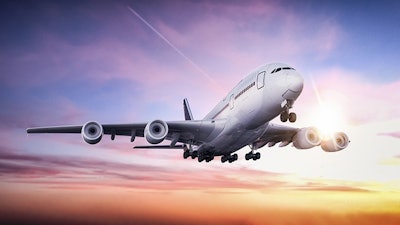
The Transportation Security Administration (TSA) updated its cannabis policy last week to allow travelers to bring certain CBD products on flights. According to Cannovia CEO Brian Baum, the move demonstrates how rapidly the CBD market is evolving, but it also requires consumers to understand complex and often hazy regulations to ensure compliance.
“I think since they came out and said that CBD will be allowed, I’ve already seen a number of conflicting articles, some saying CBD with no THC [and] others I believe correctly stating CBD with up to 0.3-percent THC will be allowed,” Baum told Cannabis Business Times. “It continues to be confusing, and I think that keeps bringing the burden back on to the individual consumer to understand what product they have, what it contains and how to describe it to a TSA agent.”
According to the TSA’s official policy, “products/medications that contain hemp-derived CBD or are approved by the FDA are legal as long as it is produced within the regulations defined by the law under the Agriculture Improvement Act 2018,” which legalized hemp and hemp-derived products containing no more than 0.3-percent THC. These products and medications are now allowed in travelers’ carry-on and checked baggage, according to TSA’s new rules.
“One of the scariest aspects of this … [is] they caveat that by saying that the final decision rests with the individual TSA officer,” Baum said. “Given the thankless job that they have, I guess it depends on how … comfortable you are with interacting with them.”
The TSA’s policy also states that “TSA security officers do not search for marijuana or other illegal drugs, but if any illegal substance is discovered during security screening, TSA will refer the matter to a law enforcement officer.”
Given the variability of each individual TSA officer’s training and understanding of CBD products and their labels, Baum said consumers may still want to avoid bringing the products on flights in their carry-on luggage.
“We encourage people, at this point, if they’re concerned about travel, to either check their CBD products or to just buy them at the distant location when they arrive, as opposed to encountering TSA and perhaps having their products disposed of,” he said.
With hazy interpretations of the law, consumers must be well-versed in CBD, he added, to both ensure compliance and defend that compliance to law enforcement.
“The burden at this point is really on the consumer, unfortunately, to understand what CBD is, the quality of the products that they’re buying [and] what they contain, and to be versed in that so that they are making the proper selections in products—but also to deal with issues like this, where they may well know more or need to know more than the people that they’re interacting with, like TSA agents,” Baum said.
Consumers should look for the certificate of analysis of CBD products to understand the quality and concentration of CBD, he added.
Although some confusion still exists surrounding the TSA’s new policy, Baum said the new rule will likely speed things up at the airport, as it gives TSA agents one more validation not to pursue detailed searches for these types of products.
The new policy is also an indication of how quickly the CBD market is growing, he added, and he expects other organizations to follow suit with issuing new regulations to accommodate the newly legal industry.
“The industry is still at a very, very early stage and there are a lot of regulations and behaviors and education that need to occur for the marketplace to really, fully develop,” he said. “As it becomes more mainstream, more and more people are using the products for a variety of applications, and so it’s just becoming part of mainstream health and wellness. I think … it’s appropriate for the TSA to respond this way."







